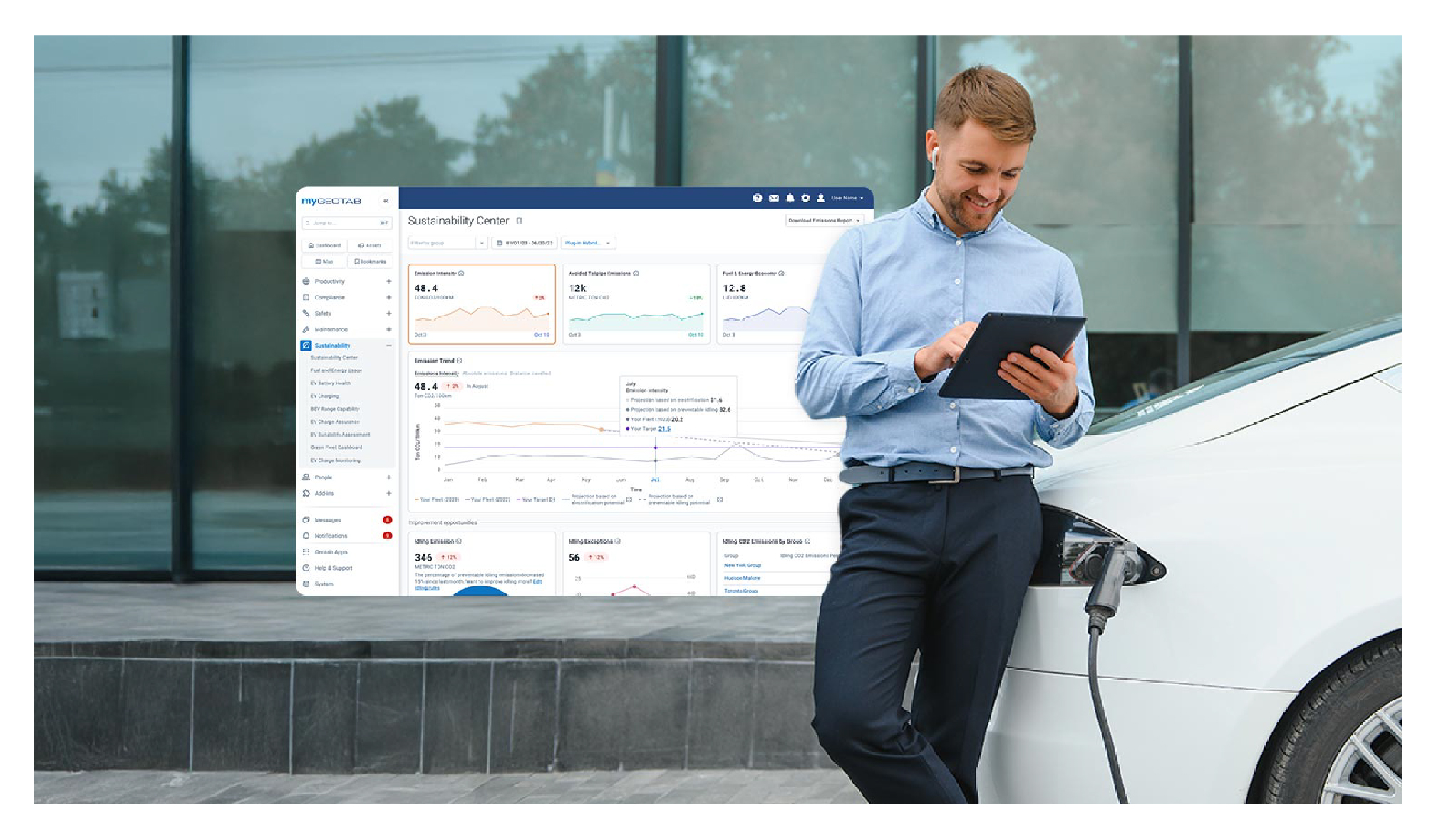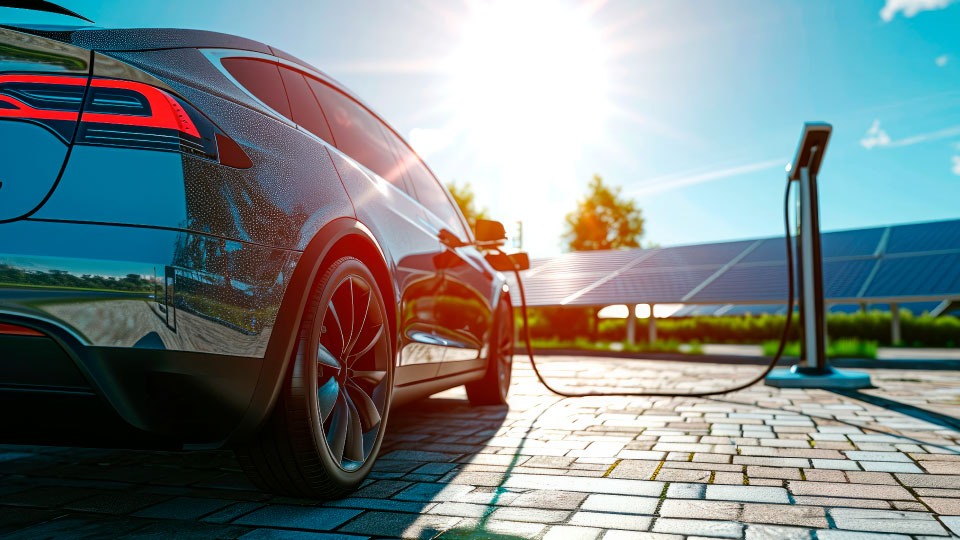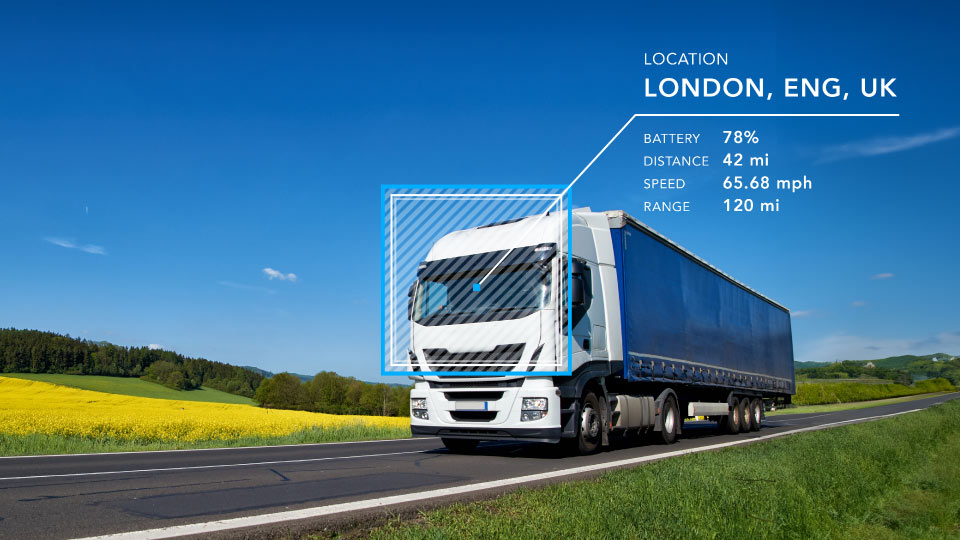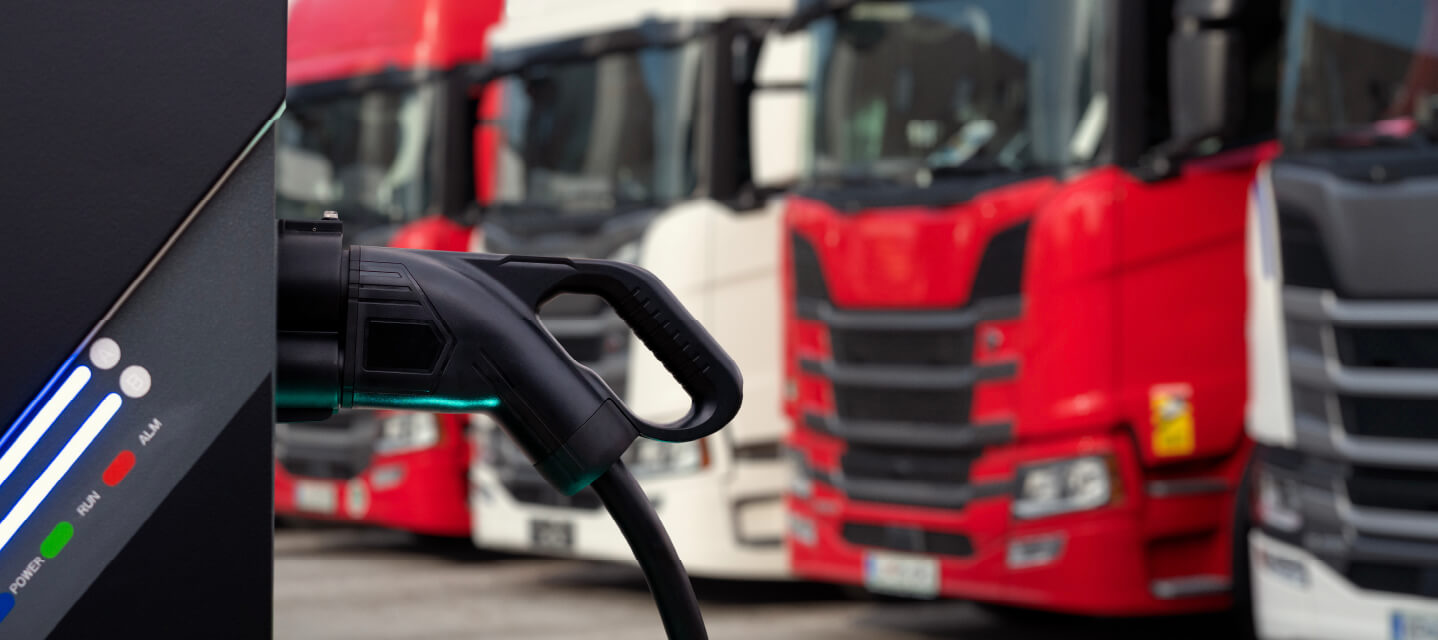EV in the public sector: trailblazing electrification
The public sector's push for electrification can inspire businesses. Pressure for decarbonisation has lead to the public sector becoming an EV trailblazer.
%20(1).jpg)
There are many factors that might influence when the right time to go electric is. The recent history of EVs has been one of expanding the number of potential uses they have. Not so long ago, the market consisted largely of small urban vehicles and exotic supercars. Today, there are few consumer car categories that don’t have an electric option available.
For fleets, this expansion means that more and more functions can be fulfilled by EVs: zero-emissions last-mile delivery and public transport are now increasingly common sights, while options for heavier haulage and even specialised commercial vehicles like waste collection are becoming available.
The result is that, while they’re weighing up questions about cost, infrastructure, and meeting sustainability targets, businesses might also face a dilemma around whether, even if suitable vehicles are available, they should nonetheless wait for a better solution that’s just around the corner. Knowing when to do something, after all, is a big part of doing it right.
Going publicly electric
When thinking about this kind of challenge, I think it’s really useful to look at local government fleets as an example. From the emergency services to parks management to public transport, these vehicles cover the widest range of functions and requirements, and political commitments can sometimes mean that they are further along the curve of electrification than the private sector.
London’s Metropolitan Police, for example, is targeting a zero-emission fleet by 2025. The emissions-free vehicles they now operate, ranging from response cars to forensics vans, have already collectively travelled 16.5 million miles. The service is also using this shift as an opportunity to improve capabilities, including by using telematics to minimise the downtime for mission-critical vehicles.
As a job, it’s hard to think of a starker contrast to London policing than looking after the Welsh countryside, but there too electrification is proving its worth. In an early trial of three EVs and six charging points conducted in 2017, Natural Resources Wales found that the move saved them £900 – and three tonnes of CO2e – per year.
Back in London, there are also now zero-emission buses being rolled out on commuter lines. Here, though, others have made even further progress: 78% of new buses in Denmark – and around two-thirds of those in Luxembourg and the Netherlands – are emissions-free. This uptake indicates how battery electric technology is maturing for heavier vehicles, in ways that will be vital for the haulage systems of the future.
If it works for them, it could work for you
Public sector bodies have a clear pressure to decarbonise their fleets. As well as meeting sustainability targets, they also have a responsibility to help improve air quality, especially in dense urban areas, and need to do all this while being accountable to the public on budget responsibilities.
Of course, there’s no shortage of success stories from the private sector for businesses to take inspiration from. The delivery company Gnewt, for instance, is a great example of what a fleet designed for zero-emissions from the ground up can look like, and their experience in boosting charging capacity and scalability is a useful lesson. On an even larger scale, DHL now operates over 7,000 fully electric vans, and zero-emissions vehicles make up around a fifth of its delivery fleet.
It’s often the public sector, though, where EVs are being given more operational duties first – and their public status means that these fleets often also communicate clearly about the approaches they take and the outcomes they achieve.
With any new technology, there is a balance to be struck between waiting for further development and adopting early enough to realise the full benefits. Even where the market is still catching up with some needs, however, there is proof that almost any fleet will have elements which are ripe for electrification. From emergency services to transport, public bodies show us that the right time to act might be sooner than you think.
For more information on how to get prepared to act on EV adoption, you can download Geotab’s Ultimate Guide to Fleet Electrification now.
Subscribe to the Geotab Blog
The Geotab Team write about company news.
Table of contents
Subscribe to the Geotab Blog
Related posts

Geotab’s new fleet Sustainability Center simplifies fuel and emissions reduction
June 13, 2025
3 minute read
.jpg)
Lead with Trust: How Geotab Helps Businesses Navigate CSRD Compliance
March 19, 2025
2 minute read

2030 or 2035, the UK Needs Meaningful Action on EVs Now
September 6, 2024
2 minute read

Driving smarter: Insights from Geotab’s “Taking Charge” Report
August 8, 2024
2 minute read

The art of the possible: Insights from Geotab’s “Taking Charge” Report
June 20, 2024
3 minute read

